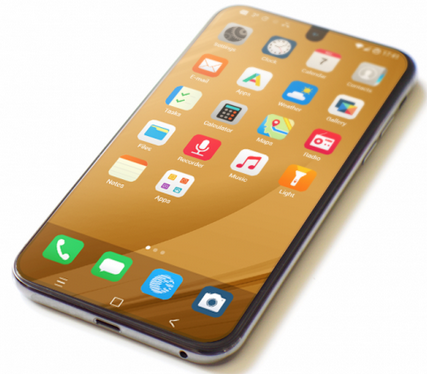In case you need arguments to convince friends, family or colleagues that there is something going wrong with the IT tools many of us are used to use, I suggest to share the following article(s) with them. It shows the outrageous misbehavior of well-known multinational companies spying on their users.
Personally, I hope that - at least in European Union - this becomes a showcase applying the General Data Protection Regulation (GDPR). This legal framework allows penalties of up to 4 percent of a company’s global annual turnover.
- EN: Meta and Yandex are de-anonymizing Android users’ web browsing identifiers - Ars Technica
- EN: An Android loophole could have let your apps spy on your browsing - Android Authority
- FR: Désanonymisation forcée : comment Meta et Yandex ont exploité une faiblesse Android pour relier votre historique web à votre vraie identité
- DE: Fiese Schnüffelei: Meta und Yandex spionierten Nutzer ihrer Android-Apps aus | heise online
Regain your privacy! Adopt /e/OS the deGoogled mobile OS and online services